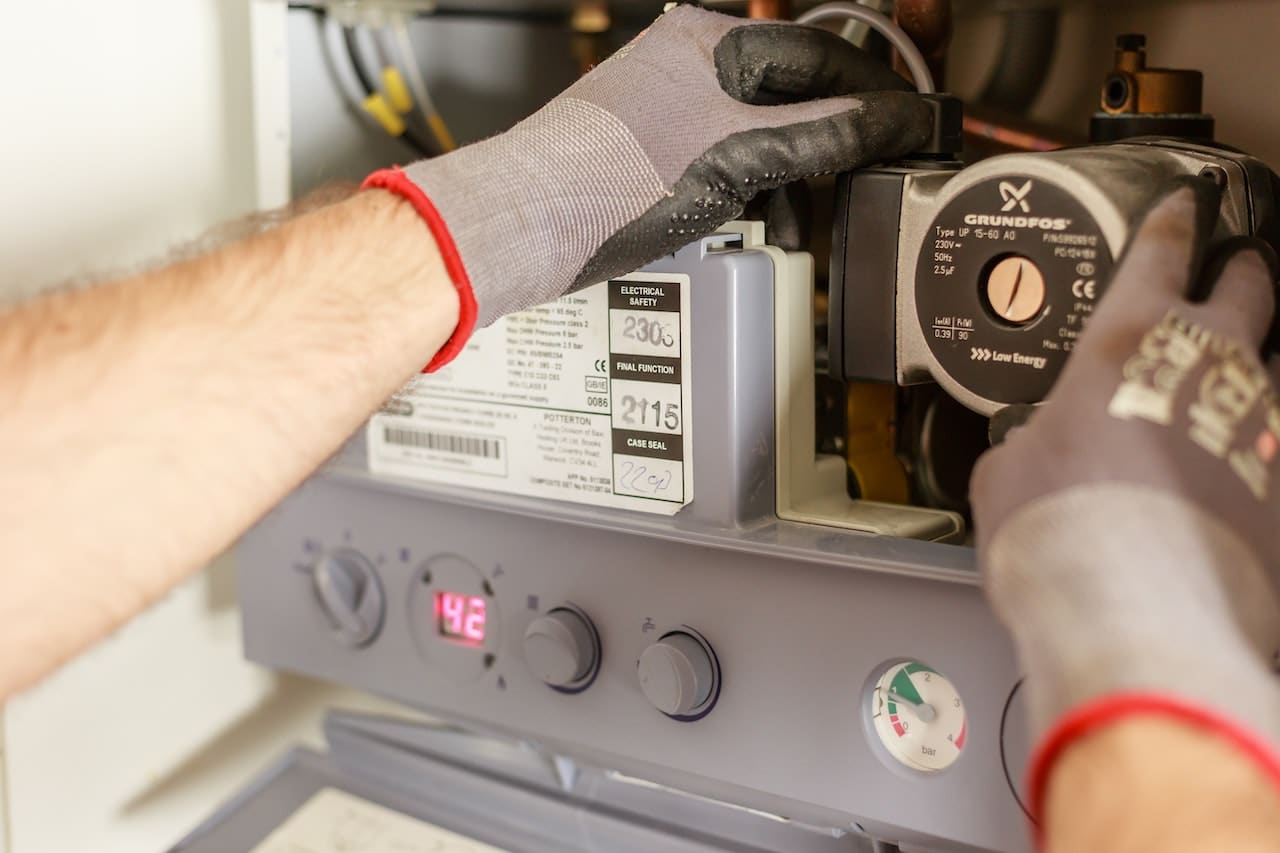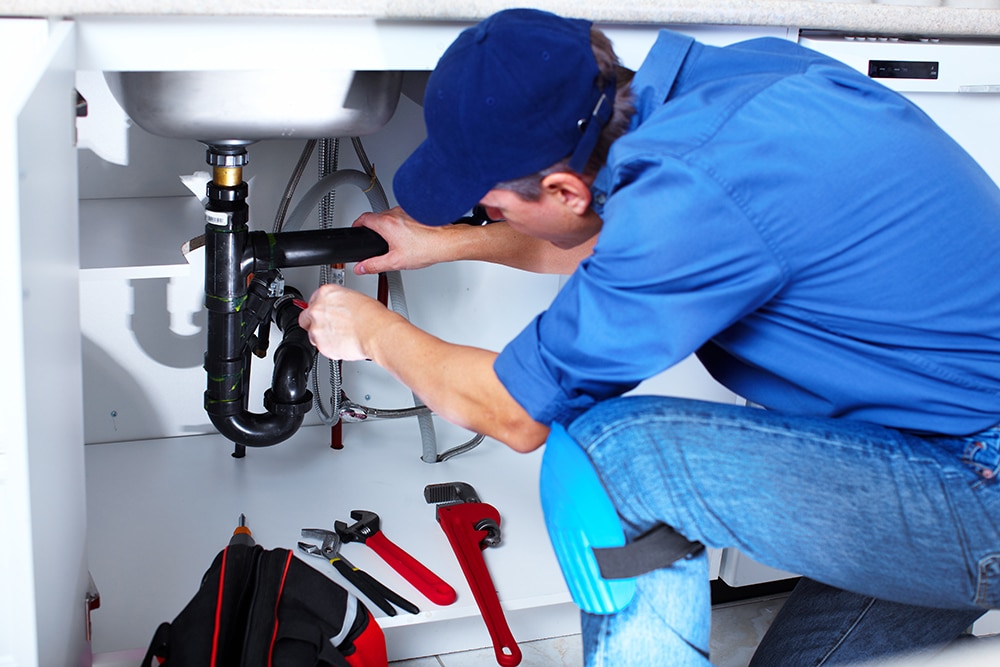If you are not familiar with the difference between a plumbing emergency and a repair, read on to learn about the three most common types of emergencies and how to recognize them. Among these are burst pipes, leaky faucets, and sewage system backups. There are also ways to tackle a plumbing emergency yourself, such as finding the shutoff valves in your home. However, if you are not sure where these valves are located, you can always call a plumber to fix your problem.
Burst pipes
If your water pipe bursts, you should call a plumber immediately. It is important to contact an emergency plumber as soon as possible, as this can lead to severe damage to your home. Depending on the location of the burst pipe, a flood may occur. If you can’t reach a plumber immediately, you should shut off the main water supply and call a professional plumber. Remove any furniture from the affected room, as water could lead to mold growth.
Although most burst pipes are relatively small, a plumber can help you with the problem quickly. First, they can turn off the water, assess the damage, and repair the pipe. Next, they can help you prevent mold growth. Local plumbers may not take the necessary steps to prevent mold growth, so you should hire a certified water damage restoration company to ensure the job was done properly and prevent hidden mold spots.
Leaky faucets
Even small leaks in your faucet can turn into plumbing emergencies. If you ignore the problem, it will likely cause even more damage and require more expensive repair. To prevent this from happening, it’s best to call a plumber as soon as possible. If you don’t, you’ll likely end up wasting a lot of water and having to deal with mold, rust, and other issues.
Leaky faucets are a plumbing emergency because water damage can occur at the bottom of the faucet, in the sink bowl, or even below the sink. If you don’t fix it right away, you may have to pay for the water damage, and the repair bill will be higher. You can check whether the water is dripping from a faucet by looking at how consistently it drips. If it’s spitting, it’s likely that there’s an obstruction preventing water from flowing properly.
Sewage system backups
A sewage system backup can be a dangerous plumbing emergency. In addition to the danger of being infected by human waste, it can also be extremely messy. Before you can return home after a sewage system backup, you must clean up the area and turn off the electricity in the area. Water contaminated with sewage can cause an electric shock. Fortunately, there are a number of simple ways to prevent sewage system backups.
First, shut off the water supply in the area affected by the backup. Then, open windows, wear protective clothing, and contact your insurance company. Sewage system backups can lead to severe damage to a home, and they should be handled by a licensed plumber. If you can’t find someone to handle the repair yourself, you can hire a plumbing company that has experience in such emergencies.
Do-it-yourself repairs
While you may be tempted to try to fix a leaking faucet or a clogged toilet, you should hire a professional plumber instead. Professional plumbers have the necessary equipment and training to repair most plumbing emergencies. Without the right tools, you could make a mistake and end up spending more money. Calling a professional plumber can help you avoid unnecessary expenses and save valuable time. Listed below are some reasons to call a plumber when you have a plumbing emergency.
Do-it-yourself plumbing repair projects are great hobbies. You can fix minor plumbing problems yourself, but it’s important to follow safety guidelines and consult with an expert plumber. You may not be able to get to the source of the problem, which can lead to further damage and expensive repairs. If you don’t know how to handle a plumbing emergency, you might even end up hurting yourself. Despite these benefits, it’s best to leave the major plumbing issues to the professionals.
Do you need to call an emergency plumber
You might have a plumbing emergency at any time, from the middle of the night to the weekend. Rather than calling an emergency plumber as soon as you hear of the problem, it is a good idea to calmly assess the situation and ask a few questions first. Besides, a 24-hour plumber will charge you more than a standard plumber, so you should carefully consider your options before calling one.
A plumbing emergency can be anything from a leaky faucet to water damage with an unknown source. You can save money by waiting until morning to call an emergency plumber. Likewise, not all plumbing emergencies are emergencies. If you do not have a plumbing emergency, don’t worry. There are signs that will help you determine if you need to call an emergency plumber. Listed below are some of the most common signs of a plumbing emergency.


